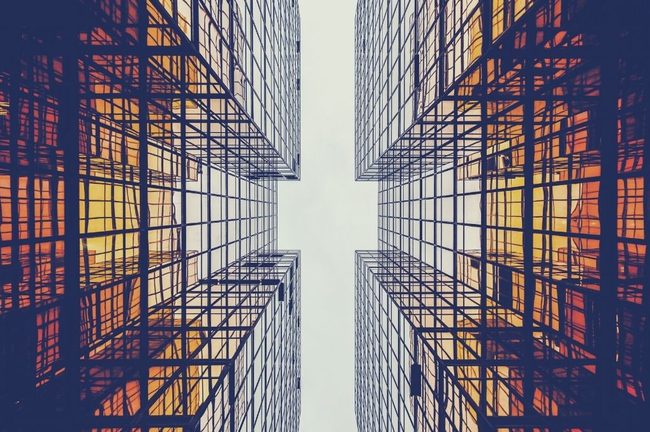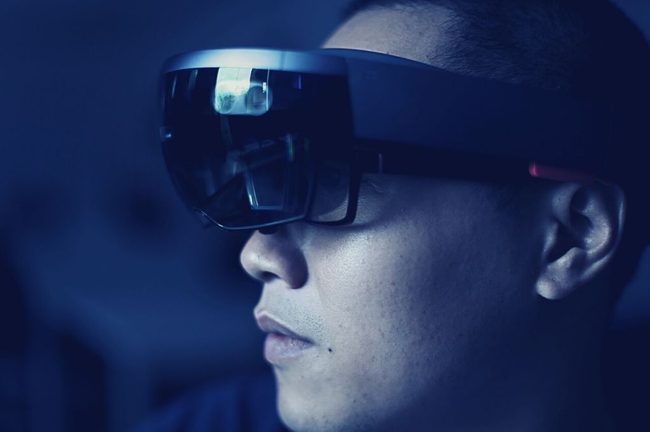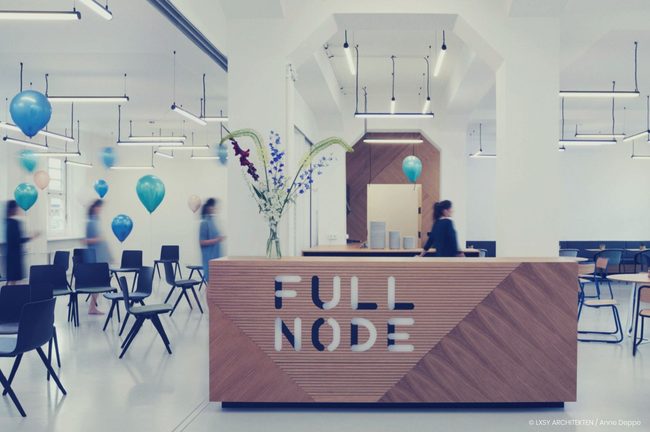Technology
The security industry is developing faster than ever before.
Technological development and digitalization play the leading role and shape the life of tomorrow.
-
Categories: Architecture
Hand-drawn No More: A Brief History of BIM
By now, Building Information Modelling (BIM) is as ubiquitous as pen and paper in architectural design and it continues to grow. By 2027, the BIM software market's global value will reach USD 15 billion, almost tripling from USD 5.2 billion in 2019. But the history of BIM is only just beginning.
-
Categories: Architecture
Disaster-resilient Architecture: How Architecture Can Reduce Risks
Over the last decades, natural disasters have been growing in strength and frequency as a result of climate change. The number of weather-related disasters has tripled over the previous 30 years. Furthermore, among the 20,000 earthquakes that shake the world every year, about 16 are in the magnitude of seven or higher.
-
Categories: Security
Digital Car Keys are Convenient, But Not For Thieves
The first automobile in history hit the roads on New Year's Eve of 1879. Developed by the German engineer Carl Benz, they sported details like an automatic intake slide, a controlled exhaust valve, and a high-voltage electrical vibrator ignition with a spark plug. However, they lacked an essential element that many modern automobiles have: Car keys.
-
Categories: Technology
Contracting Maintenance: The Benefits of Outsourcing Maintenance
Veteran facility and building managers are well-aware of the importance of a regular maintenance schedule: These plans cut costs and enhance safety while optimizing the workflow and productivity.
-
Categories: Technology
Augmented Reality: A User’s Guide to Smart Phones vs. Smart Glasses
Since Augmented Reality (AR) had its beginnings in the gaming world in the 1960s, it evolved to be a ubiquitous technology both in private and commercial life. As millions want to utilize the interactive experience by blending digital elements and a computerized real-life environment, the AR market is booming.
-
Categories: Technology
Frictionless Access: 3 Questions About The Newest Access Trend Answered
Security and access control came a long way from the wooden sticks used as keys in Ancient Egypt and Babylon some 6,000 years ago. Modern access control systems are no longer just keys and locks, but sophisticated ecosystems with high-tech components that interact with each other.
-
Categories: Technology
eTennis: Facilitating Access to Passion
“Why has slamming a ball with a racquet become so obsessive a pleasure for so many of us?" mused cultural critique, Nat Hentoff. “It seems clear to me that a primary attraction of the sport is the opportunity it gives to release aggression physically without being arrested for felonious assault."
-
Categories: Security
Is Your Key Safe? A Definitive Guide to Key Protection
First known keys in history were wooden sticks used some 6,000 years ago in Ancient Egypt and Babylon. Today, following the astonishing technological developments and digitization, so many things can be a key. Devices such as a card, a smartphone, or body parts including fingerprints, voice, or eyes can authorize users to access an area.
-
Categories: Technology
How Augmented Reality Can Empower Field Technician Proficiency
"If you can read, you can learn anything about everything and everything about anything," said the legendary children's author Tomie DePaola. Indeed, the past two decades have been characterized by an enthusiasm for self-study and innovative learning methods.
-
Categories: Architecture
5 Stunning Architecture Projects That Show What BIM Can Do
Since the first use of its early prototypes in the 1960s, Building Information Modeling (BIM) technologies are long-established as staples of architectural design.
-
Categories: Technology
Why Product Training is Crucial for Companywide Success
Sales and business development activities are the lifeblood of every company's success and financial sustainability, as is the technical excellence of their products.
-
Categories: Architecture
A Nod to Future: A Co-working Space for Blockchain Startups
Often cited as the technology that is kickstarting the "second era of the internet", blockchain is already transforming the world of business and human affairs. Popularized as the technology behind BitCoin, blockchain is a decentralized database stored on different computers as identical copies.













